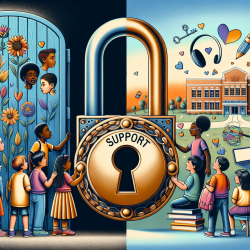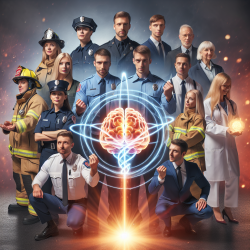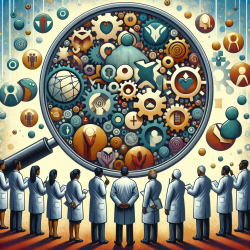In the realm of medicine, empathy is often perceived as a clinical tool rather than an innate human experience. The research paper "Challenging the clinically-situated emotion-deficient version of empathy within medicine and medical education research" by Michalec and Hafferty (2021) delves into this issue, questioning the prevalent model of "physician empathy" that emphasizes cognitive understanding over emotional connection. This blog explores how practitioners can enhance their empathetic skills by integrating emotional contagion into their practice.
The Current State of Empathy in Medicine
The concept of "physician empathy," as defined by Hojat et al., focuses predominantly on cognitive attributes—understanding patients' experiences without necessarily sharing their emotions. This approach aligns with traditional medical culture that values detachment to maintain clinical objectivity. However, this emotion-deficient version of empathy may contribute to burnout and emotional exhaustion among healthcare providers.
The Role of Emotional Contagion
Emotional contagion is the process by which emotions are shared and spread between individuals, creating a shared emotional experience. It is a core component of general empathy that has been largely overlooked in medical training. By acknowledging and incorporating emotional contagion, practitioners can foster deeper connections with patients, enhancing both patient satisfaction and practitioner well-being.
A Broader Model of Empathy
The Russian Doll Model of empathy presents a more encompassing view, integrating both cognitive and emotional components. This model suggests that empathy involves layers—from basic emotional mimicry to complex cognitive processes—all interconnected. Embracing this model could help medical professionals reconnect with their innate empathetic abilities.
Practical Steps for Practitioners
- Embrace Emotional Contagion: Allow yourself to feel with patients rather than just for them. This can lead to more authentic interactions.
- Cultivate Self-Awareness: Reflect on your own emotional responses during patient interactions to better understand the dynamics at play.
- Engage in Empathy Training: Participate in programs like I-TEAM that focus on developing both cognitive and emotional aspects of empathy.
- Create Supportive Environments: Encourage open discussions about emotions within your team to normalize emotional experiences in clinical settings.
The Future of Empathy in Medicine
The integration of a broader understanding of empathy into medical education could transform healthcare delivery. By recognizing the value of emotions alongside cognitive skills, we can create a more humanistic approach to patient care that benefits both patients and practitioners.










